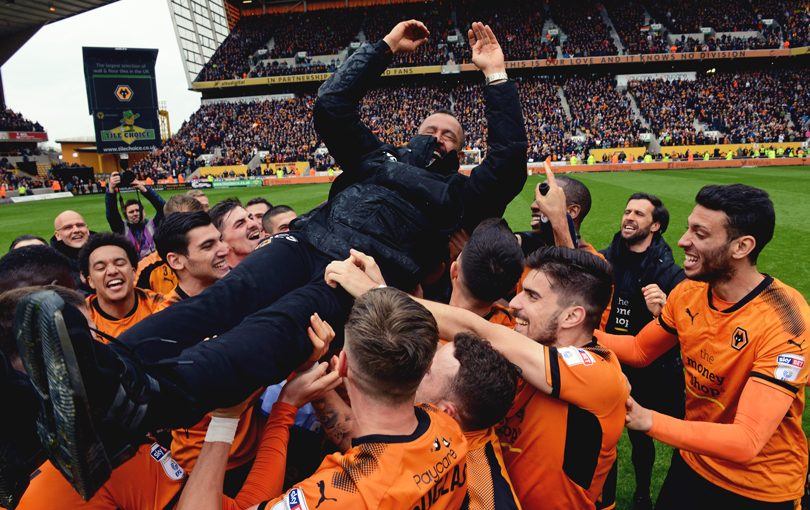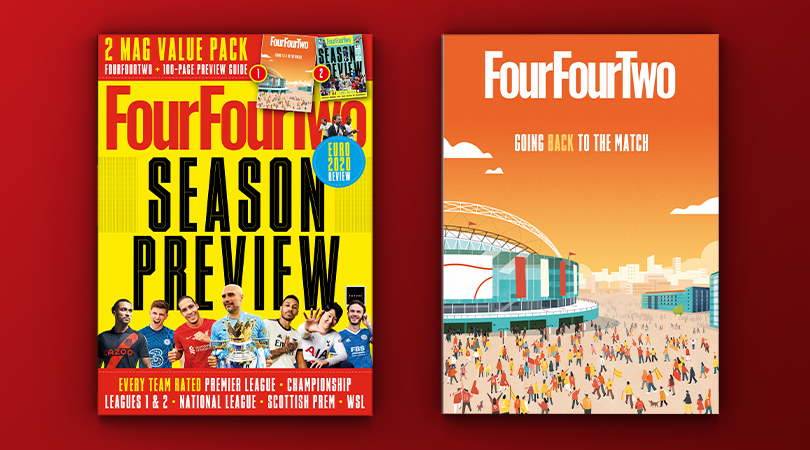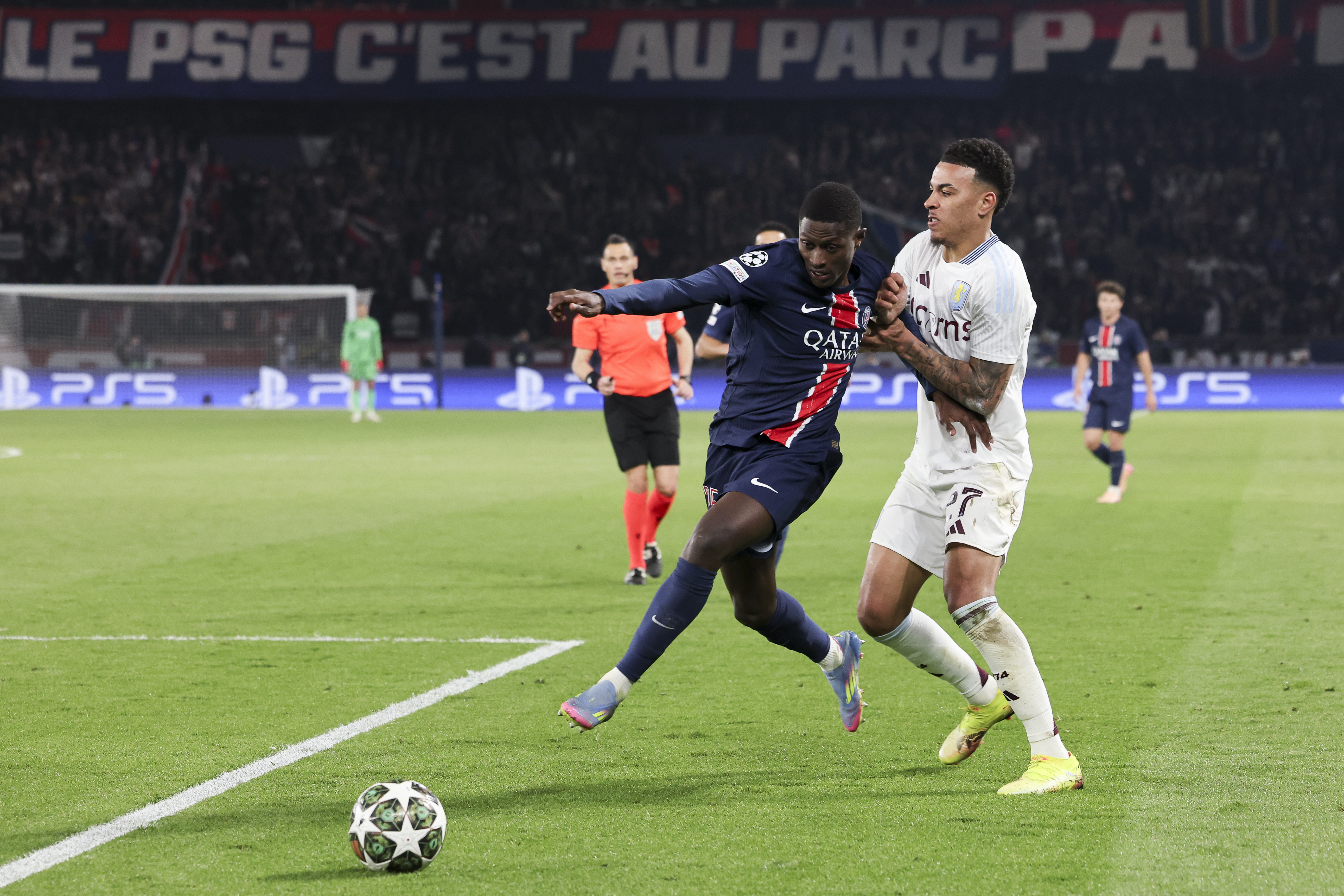How Nuno Espirito Santo transformed Wolves into European contenders - and where it all went wrong
Despite drab football last season, Nuno should get a hero's welcome when he returns to Molineux this weekend - after all, he performed magic in the Midlands for Wolverhampton Wanderers

Nuno had a dream. When Molineux was last packed, it used to reverberate to the sound of an anthem dedicated to a catalytic manager. Perhaps it will on Sunday, too, albeit as he returns in the opposite dugout. Wolves against Tottenham is the Nuno derby, the meeting of their new manager with arguably their most successful since Stan Cullis.
To many, Nuno Espirito Santo departed Molineux an enigma. A transformative figure was the architect of a dominant, 99-point promotion. He oversaw twin seventh-place finishes and a 383-day European campaign. Yet Wolves’ final season, containing just 36 goals, was so dismal and so dull that it took the gloss of his earlier achievements.
Wolves ended his reign a largely unwatchable side: his penchant for inexplicably passive football in uneventful first halves then carried on into equally poor second periods. The transfer-market missteps, the £72 million committed to Fabio Silva and Nelson Semedo, underlined an unavoidable element of his reign: those who live by Jorge Mendes die by Jorge Mendes.
Nuno left Wolves seemingly worn down. His debut win with Tottenham and against Manchester City suggested he rediscovered his mojo somewhere on the M40. It was a reminder of much of what was right about his management: the capacity to galvanise players and supporters alike, the blueprint based around quick, devastating counter-attacking, the habit of beating their supposed superiors.

Even in his final year at Wolves, when much else went wrong, they beat Arsenal (twice) and Chelsea. He did a 2019-20 double over City. He beat the other five of the big six in 2018-19 with a promoted side. If Nuno put Wolverhampton back on the footballing map, he put £250,000 of his own money into the Wolves Foundation. His legacy is not just on the pitch.
But Nuno had a team, too. The high-class arrivals, from Rui Patricio to Raul Jimenez via the axis of the twin Portuguese playmakers, Ruben Neves and Joao Moutinho, entailed a calibre of player, a depth of spending and a pulling power few comparable clubs enjoy; no other promoted side this side of the millennium got back-to-back top-eight finishes but the circumstances made it hard to judge how miraculous a job Nuno did.
Perhaps his prowess as a coach was proved more by those whose gifts were camouflaged until his arrival or whose potential required unlocking. He reinvented Conor Coady from a Championship midfielder and right-back to a central defender who wore the England armband. He turned Matt Doherty into a goalscoring wing-back that Tottenham purchased for £15 million, even as Nuno seemed to recognise the Irishman’s limitations by benching him for his Spurs bow. Diogo Jota and Adama Traore were not always consistent but each could be hugely destructive.
Get FourFourTwo Newsletter
The best features, fun and footballing quizzes, straight to your inbox every week.
There is a temptation to wonder what might have happened if Jimenez, who proved more prolific for Nuno than any other manager, had not fractured his skull at Arsenal last November. Wolves were sixth then; as, indeed, they were at the March 2020 lockdown, hinting at a top-four finish that never materialised.
😀 80' 😆 90+4'✌️🔥 @AdamaTrd37 pic.twitter.com/2vM1abCtCfOctober 6, 2019
Jimenez’s importance to Nuno’s Wolves was huge: they won 41 percent of Premier League games with him, 25 without. They averaged 1.0 points per game without him, 1.54 with him. If Wolves’ subsequent struggles reflected on the failure of Silva and of planning that left an overpriced, rookie teenager as the only back-up, they also emphasised an inability to change tack.
The supposed evolution, to play four at the back, to deploy a more possession-based game, was instead regression. Maybe the drabness masked how far Wolves went backwards.
Maybe it was evidence of the three-year cycle many managers enjoy before their methods stop working. Tottenham’s initial experience was of his tactical excellence. It came in a manner, if not a formation, that may have looked familiar to the Wolves faithful. In his golden three years at Molineux, Nuno specialised in stripping the drama from games before Wolves launched lightning breaks.
If it meant they were highlights team, the highs reached a level Wolves had not touched for decades and perhaps, after they have gone from Nuno to Bruno, will not again any time soon. If that illustrates the decline in his last year, the success of his first three seasons should guarantee him a fine ovation on Sunday.
Subscribe to FourFourTwo today! Guarantee the finest football stories and interviews dropping on your doorstep first every month.
NOW READ
HARRY KANE 8 other times that a 'Gentlemen's agreement' shook football
RANKED! The 20 worst Premier League shirts EVER
INTERVIEW Alan Hutton recalls Luka Modric’s less than impressive start at Tottenham
Richard Jolly also writes for the National, the Guardian, the Observer, the Straits Times, the Independent, Sporting Life, Football 365 and the Blizzard. He has written for the FourFourTwo website since 2018 and for the magazine in the 1990s and the 2020s, but not in between. He has covered 1500+ games and remembers a disturbing number of the 0-0 draws.

